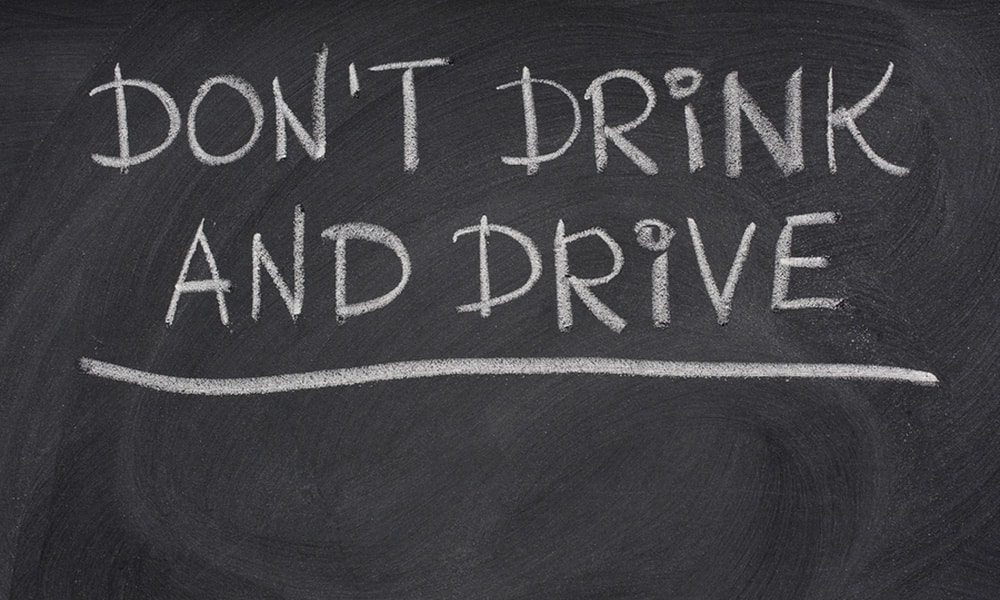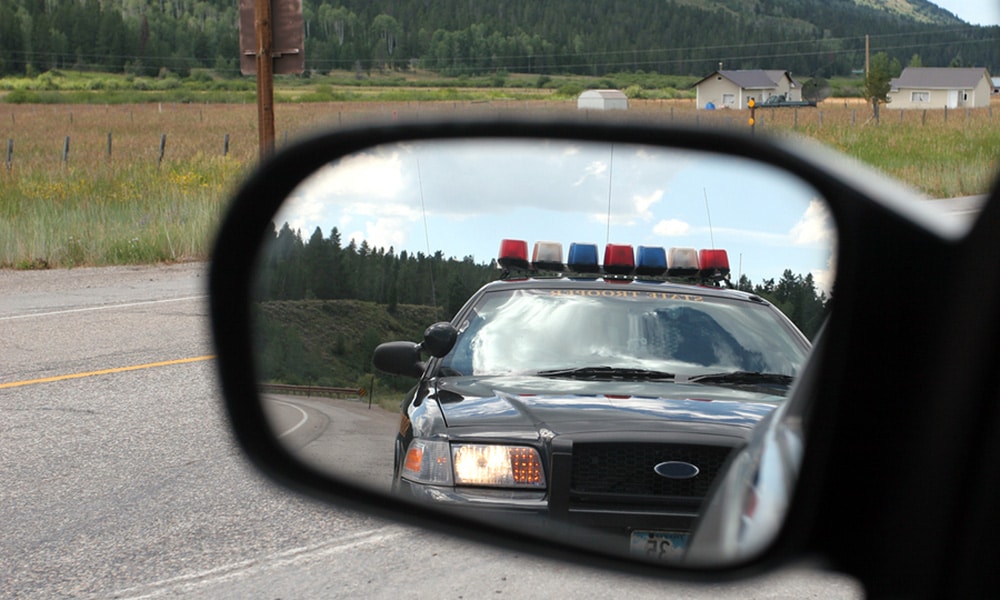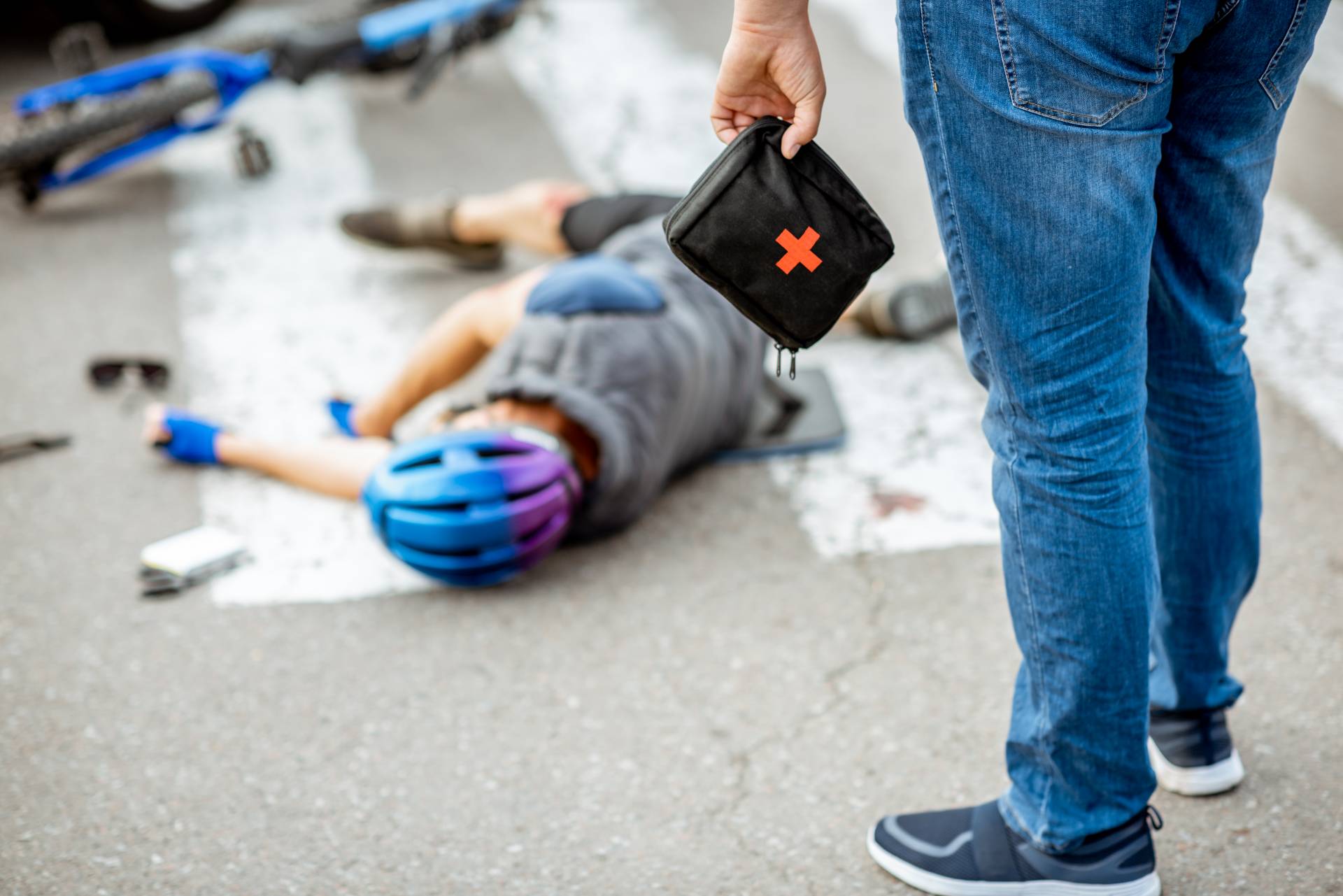Precisely what does it mean to drive “under the influence” of drugs? Are prescription and over-the-counter drugs included? What is the penalty in Colorado for DUID – driving under the influence of drugs? Can a criminal defense attorney help?
And if you are accused – rightly or wrongly – of DUID in Colorado, what recourse do you have? You’re about to learn the answers, and if you drive in this state, you need to know.
Drugged driving is a genuine concern to anyone and everyone who travels on Colorado’s streets and highways.
Under the law in Colorado, a person who is “under the influence” of drugs may not drive a motor vehicle, and motorists are under the influence when their driving ability is deemed to be “substantially impaired.”
A conviction for DUID will be handled very much like a conviction for driving under the influence of alcohol, with basically the same penalties.
It makes no difference whether the drugs that impair your ability to drive are legal or illegal. A doctor’s prescription will not help if you are prosecuted for driving under the influence of drugs.
Pharmaceuticals and even some over-the-counter drug products can impair your ability to drive just as severely as alcohol or illegal “street” drugs.
WHAT DRUGS ARE FREQUENTLY LINKED TO DUID?
The “drugs” in “driving under the influence of drugs” can be any chemical substance that impairs someone’s ability to drive.
Since the 2012 legalization of marijuana in Colorado for personal recreational use, as you might imagine, an increasing number of DUID charges in Colorado are marijuana-related.
But using any of the drugs listed here – and then getting behind the wheel – can also lead to a driving under the influence of drugs charge: cocaine, methamphetamines, LSD, Ecstasy, Xanax, Valium, Vicodin, Ambien, Percocet, and almost any prescription drug.
More obscure street drugs with names like “spice” and “bath salts” can have unpredictable and dangerous effects. Never use these drugs before driving.
A DUI suspect can be tested using a breathalyzer to determine the suspect’s “level” of intoxication, but when the police suspect a motorist of driving under the influence of drugs, they have no way to determine a level of impairment.
Even if the driver submits to a blood or urine test, the test cannot indicate “how much” a driver is impaired at the moment that driver was pulled over by the police.
HOW MUCH IS TOO MUCH?
Thus, in Colorado, the charge of driving under the influence of drugs does not consider a legal limit or legal level of intoxication.
A driver using any amount of an intoxicating drug can be charged with DUID. DUID arrests have increased dramatically in recent years, and drivers accused of driving under the influence of drugs are aggressively prosecuted in the state of Colorado.
A 2013 statute adopted by Colorado lawmakers allows – but does not mandate – a conviction in DUID cases when a driver’s blood test shows five or more nanograms per milliliter of tetrahydrocannabinol or “THC,” the active ingredient in marijuana.
The law creates a “rebuttable presumption” that drivers who meet or exceed the five-nanogram threshold are guilty of DUID, but juries may still consider evidence that the driver was not actually impaired.
In most cases, DUID is charged as a misdemeanor in Colorado, and a misdemeanor DUID conviction can be punished with a jail term ranging from ten days to one year.
In many cases, jail time can be suspended if the defendant completes a drug or alcohol evaluation and treatment program.
Additional penalties can include up to 96 hours of community service, a fine of up to $1,000, a driver’s license revocation, and up to 12 points on the offender’s driving record.
WHEN IS DUID A FELONY IN COLORADO?
However, any motorist who is accused of driving under the influence of drugs in Colorado will face a felony charge if he or she already has three or more separate prior convictions – in any U.S. state or territory – for any of these charges: DUID, DUI or DWI, driving while ability impaired (DWAI), wet reckless, vehicular assault, and/or vehicular homicide.
Anyone who is convicted of a driving under the influence of drugs felony charge in Colorado – the equivalent of a fourth or subsequent DUI conviction – could serve as much as six years in prison and could be fined as much as $500,000.
Three years of parole may also be imposed after the offender is released from prison.
HOW CAN A DUI ATTORNEY HELP?
If you are arrested and charged with DUID, a skilled Denver DUI defense attorney can examine the facts of the case and develop a defense strategy on your behalf.
The most effective defense for every case will be different, but in many DUID cases, the defense may challenge the constitutionality of a traffic stop or search, or your domestic violence attorney instead may challenge the accuracy of any blood or urine tests offered as evidence against you.
In some driving under the influence of drugs cases, your attorney will be able to have the charge reduced or entirely dismissed.
However, when the evidence against you is persuasive, and when a conviction is probably inevitable, an experienced defense attorney may be able to arrange for a plea bargain that includes reduced or alternative sentencing.
Instead of a breathalyzer test, if a Colorado police officer has probable cause to believe that a driver is under the influence of drugs, the officer can request a blood test.
If you refuse to take a blood test for DUID when requested, your driver’s license will be revoked, the court can order mandatory drug education before your license can be reinstated, and you may be ordered to install an ignition interlock device on your vehicle before you resume driving.
WHAT IF YOU ARE WRONGLY ACCUSED?
What if you are wrongly accused of driving under the influence of drugs?
There a number of reasons why a motorist who is not under the influence of drugs may appear to be; fatigue, a medical condition, and even excessively bright light can sometimes cause a sober person to seem intoxicated.
If you are charged with driving under the influence of drugs in Colorado, do not try to act as your own lawyer. Too much is at stake, and drug laws are exceedingly complicated.
You have the right to remain silent, and you have the right to have an attorney present during any questioning.
If you’re placed under arrest for DUID, exercise those rights, because your best hope for justice is obtaining legal help from a qualified Denver DUI defense attorney.








